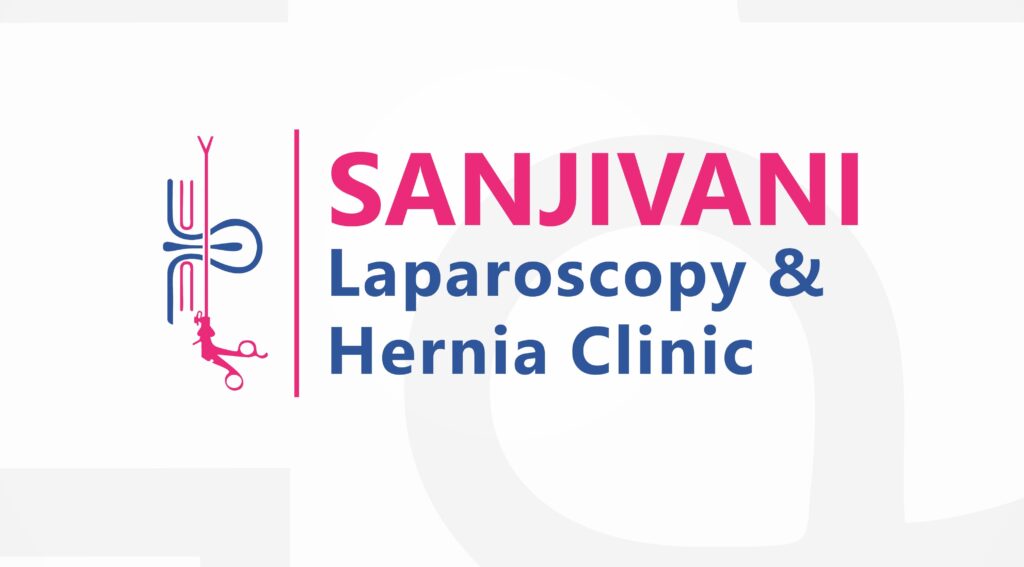Colonoscopy is a critical medical examination that plays a pivotal role in safeguarding digestive health and detecting potential abnormalities in the colon and rectum. As one of the leading procedures for colon cancer screening and early disease detection, it is essential to understand its significance in maintaining overall well-being and preventing serious health issues.
Why Colonoscopy Matters?
Colonoscopy is primarily performed for two main reasons, making it an indispensable screening tool:
- Colon Cancer Screening: Early detection of colon cancer is vital for successful treatment and improved survival rates. Colonoscopy allows healthcare professionals to identify precancerous polyps or early-stage cancers, enabling timely intervention and better outcomes.
- Identifying Gastrointestinal Abnormalities: Besides colon cancer screening, colonoscopy helps identify various gastrointestinal conditions and abnormalities, such as inflammatory bowel disease, ulcers, and bleeding sources. Detecting these issues early on can prevent complications and allow for appropriate treatment.
The 3-Day Preparation Plan
Preparing for a colonoscopy typically involves a 3-day plan to ensure optimal results and accuracy during the procedure:
- Dietary Adjustments: Individuals may be advised to make specific nutritional adjustments a few days before the colonoscopy. This often includes avoiding high-fiber foods, seeds, nuts, and other items that could impact the clarity of the colon during the examination.
- Clear Liquid Diet: Patients must follow a clear liquid diet the day before the colonoscopy. This diet primarily includes water, broth, clear juices, tea, coffee, and gelatin desserts. A clear liquid diet helps clear the digestive tract, ensuring better visibility during the examination.
- Bowel Preparation: The day before the colonoscopy, patients are given a bowel preparation solution to cleanse the colon thoroughly. The cleansing process is crucial for the procedure’s success, ensuring the colonoscope can provide clear images and accurate results.
The Colonoscopy Procedure
During the colonoscopy procedure:
- The patient is typically given sedation to ensure comfort throughout the examination.
- A colonoscope, a thin, flexible tube equipped with a camera, is inserted through the anus and navigated through the entire colon.
- The doctor carefully examines the colon’s lining for any signs of abnormalities, such as polyps, ulcers, or other diseases.
- If any suspicious growths or polyps are found, they may be removed during the procedure for further examination or to prevent potential complications.
Post-Procedure Care
After the colonoscopy:
- Patients are monitored for a short period to ensure no complications from the sedation.
- The doctor provides post-procedure care instructions, including dietary restrictions or activity limitations.
- In most cases, individuals can resume their normal activities shortly after the procedure as the sedation’s effects wear off.
Conclusion
Colonoscopy is a vital screening procedure that should be considered when maintaining digestive health and preventing serious gastrointestinal conditions. Early detection and prevention through colonoscopy can significantly improve overall well-being and ensure a healthier future. If a healthcare professional recommends it, individuals should not hesitate to undergo this essential screening to protect their digestive health and overall quality of life.


